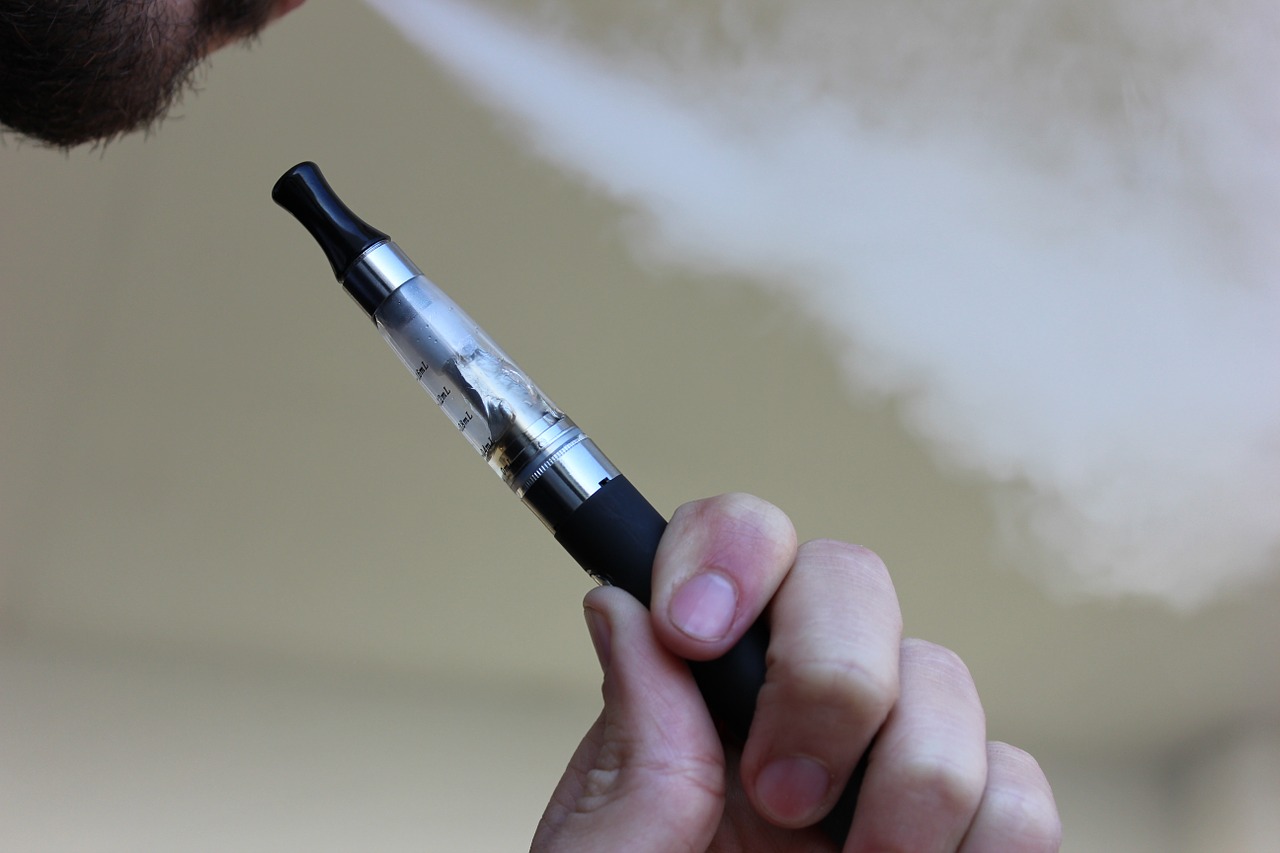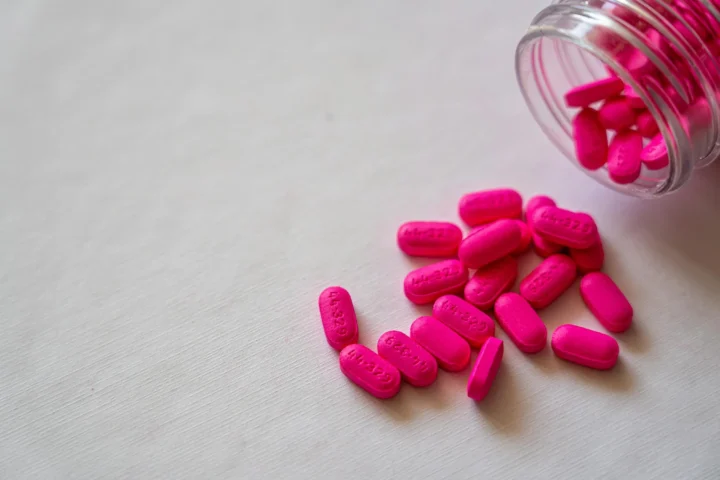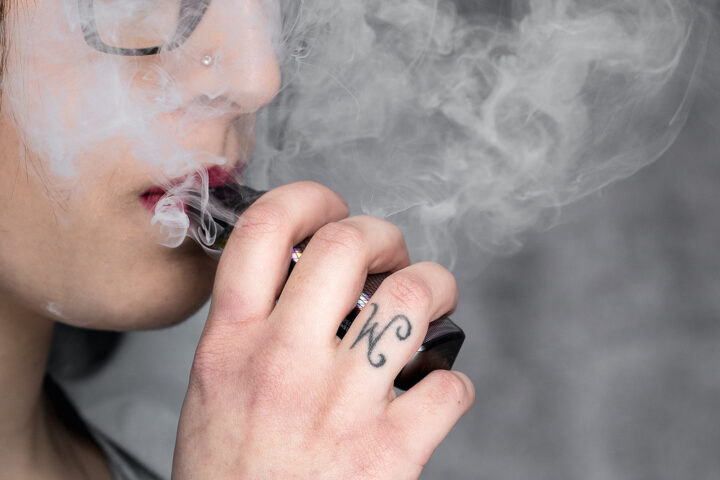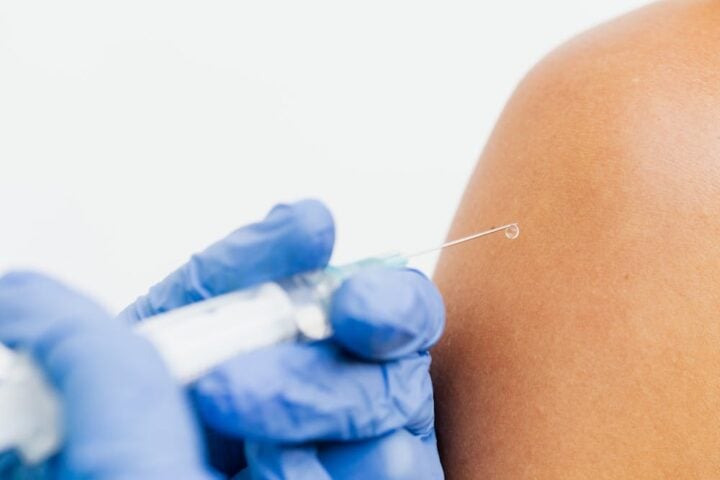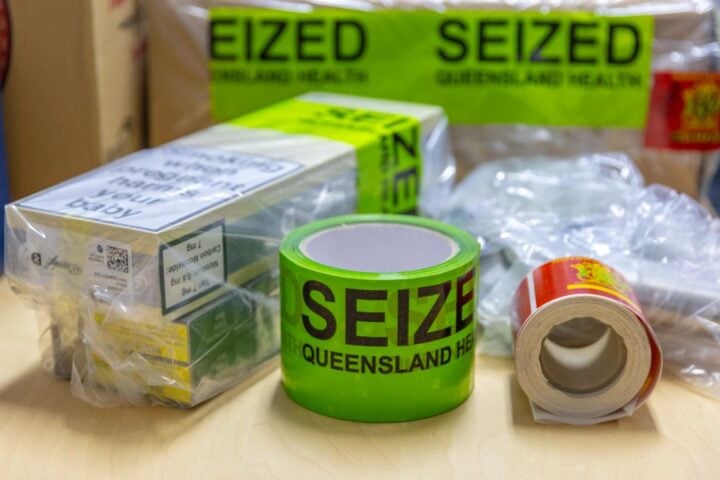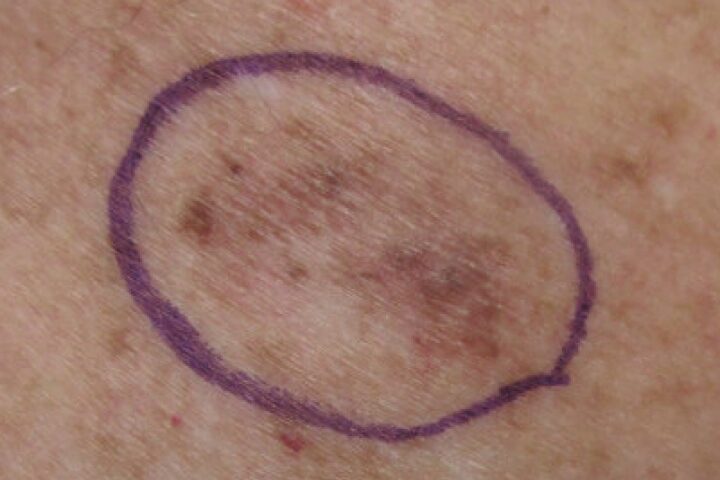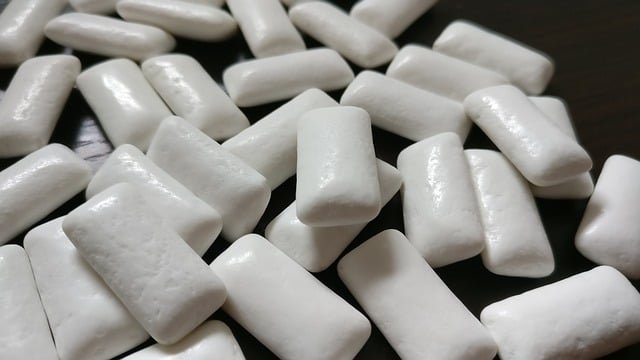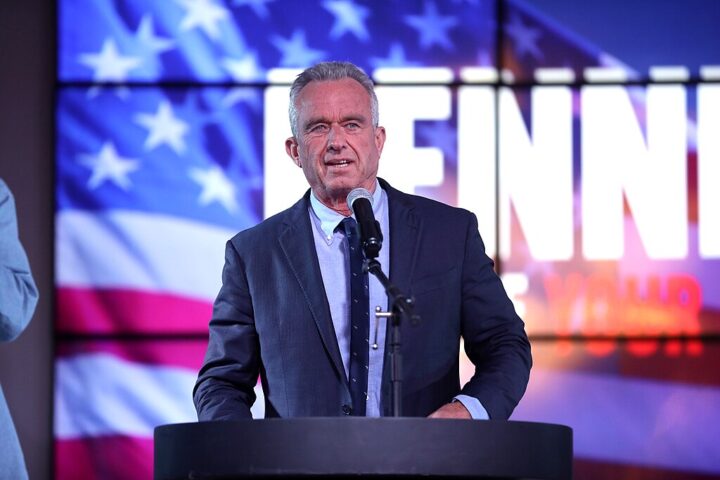The Supreme Court faces a pivotal decision as it prepares to hear arguments on whether to reinstate the FDA’s ban on sweet-flavored vaping products. The case follows what Trump’s own FDA commissioner termed in 2019 as an “epidemic-level rise in youth e-cigarette use.”
The Food and Drug Administration has rejected over one million marketing applications for candy and fruit-flavored products. “We think that would be a real harm to public health,” warns Dennis Henigan, vice president for legal and regulatory affairs at the Campaign for Tobacco-Free Kids. His concern stems from hard data: 1.6 million high school students currently use vaping products, predominantly choosing flavored options.
The legal complexities run deep. Seven federal appeals courts backed the FDA’s position. Only the Fifth Circuit diverged, in an opinion authored by Judge Andy Oldham that contains notable factual errors. For instance, Oldham incorrectly claimed the FDA mandated specific types of studies when the agency stated it “would consider other evidence” beyond randomized controlled trials and longitudinal cohort studies.
Marc Scheineson, a former FDA associate commissioner now representing electronic tobacco companies, argues: “It sort of pulls the chair out from the applicants.” Yet the FDA’s requirements were clear: Companies needed to prove their flavored products would benefit adult smokers more than harm non-users, especially youth.
More Stories
The regulatory timeline reveals concerning gaps. Congress waited until 2009 to authorize FDA tobacco regulation. The agency didn’t finalize vaping rules until 2016. Companies had until September 9, 2020, to seek FDA approval or remove products from the market, with a grace period for continued marketing during application review. This delay allowed the youth vaping crisis to escalate unchecked.
The FDA maintains its evidence-based approach. As stated in their denial documents: “In light of the known risks to youth of marketing flavored [vaping products], robust and reliable evidence is needed regarding the magnitude of the potential benefit to adult smokers.” The agency has approved some tobacco-flavored vapes and recently authorized menthol-flavored electronic cigarettes for adult smokers.
Donald Trump’s September social media post promising to “save” vaping adds political complexity to this public health issue. Meanwhile, technically illegal flavored vapes remain widely available in what has become a multi-billion dollar market.
The Supreme Court’s decision, expected before its term ends next June, carries implications beyond vaping regulation. A ruling supporting Oldham’s position could, as the Justice Department warns, discourage agencies from providing guidance documents that help regulated industries understand requirements – ultimately harming both public health and business interests.
